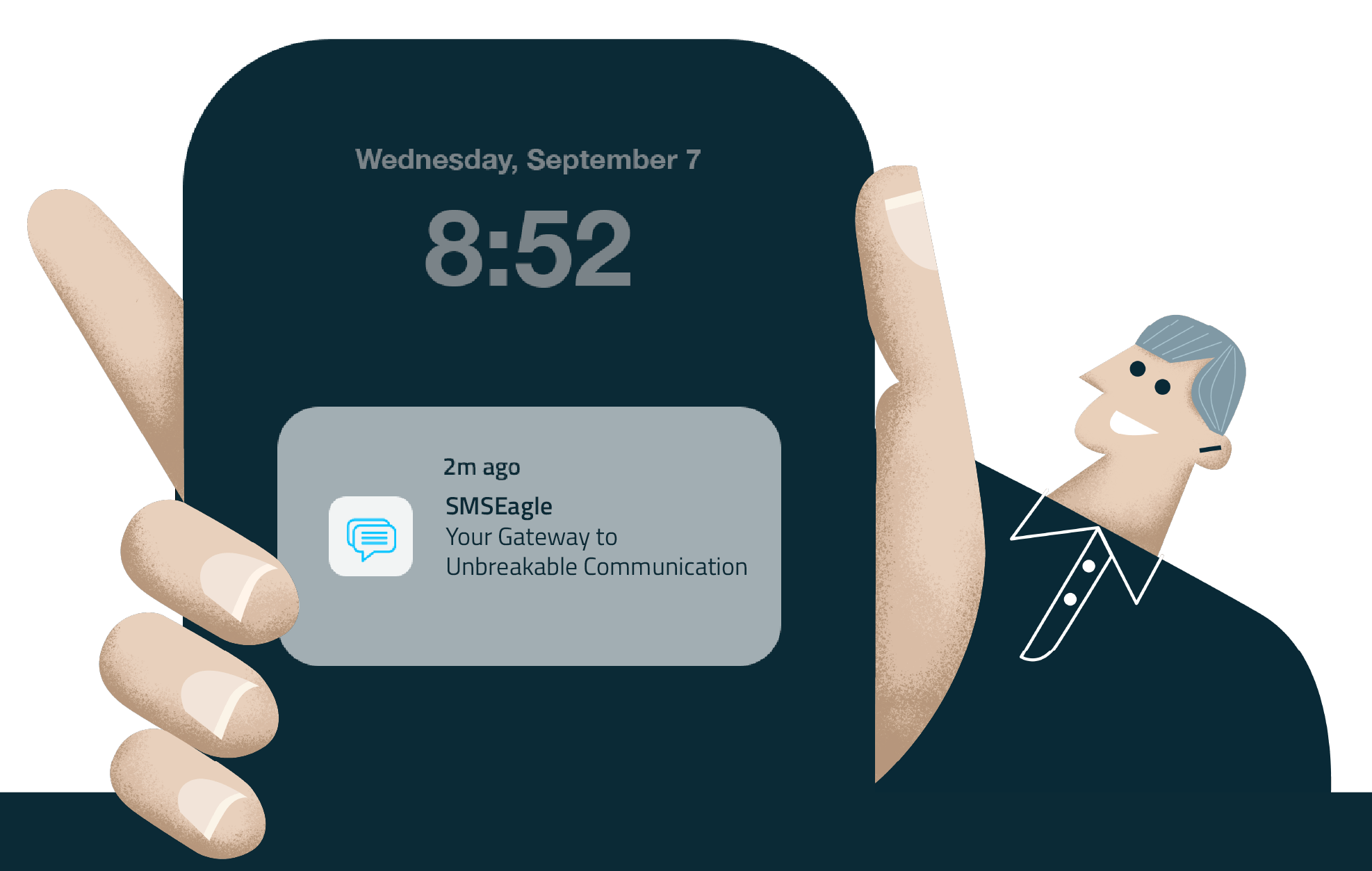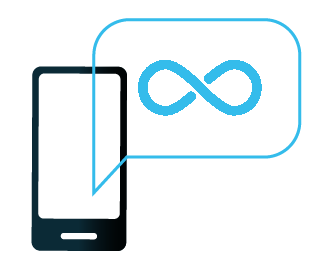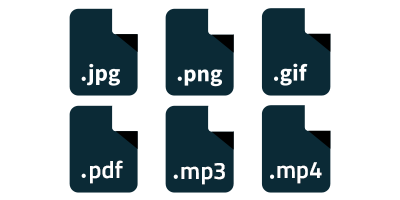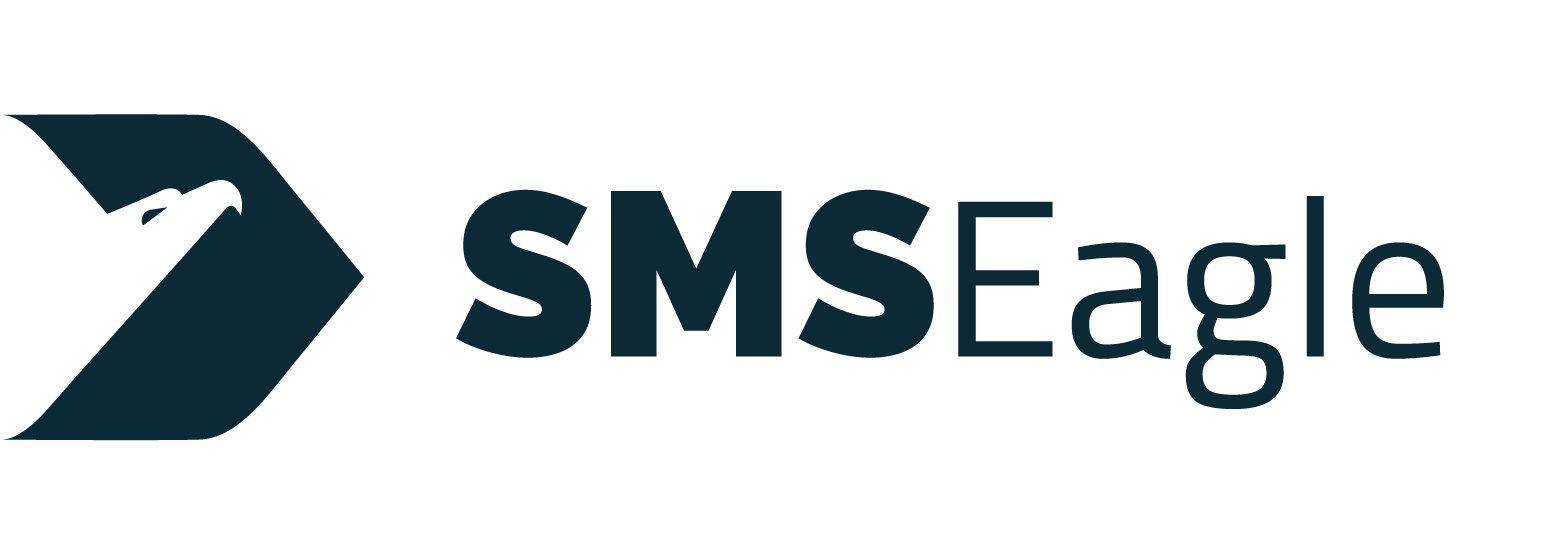- Products
- Features
- Integration & Accessibility
- Employee Communication
- Customer Communication
- Email to SMS
- Web-GUI
- Periodic SMS
- Email to SMS Poller
- Shift Management
- Subscriptions
- Calls (Voice feature)
- Escalation
- Autoreply
- LDAP
- SMS to Email
- Outlook SMS feature
- Callback URL
- SMS Forward
- MMS Support
- Signal
- SMPP Server
- Monitoring & Management
- Security & Compliance
- Network Monitoring
- MFA
- Digital I/O
- Blacklist
- Failover (HA-cluster)
- Modem Failover
- Temp sensors
- MQTT
- Use Cases
- Resources
- Support
- Buy
- Blog
- About us
Send MMS messages from SMSEagle
hardware SMS gateway

What are MMS messages?
MMS (Multimedia Messaging Service) is a standard protocol for sending multimedia content between mobile devices. It allows users to send messages that include images, videos, audio files, and text, making it a more engaging and interactive way to communicate compared to traditional SMS (Short Message Service) messages.
MMS messaging is widely used for personal and commercial purposes, including marketing, customer service, and emergency services. By leveraging multimedia content, MMS messages can convey richer information, making them a powerful tool for various communication needs.
What is the difference between SMS and MMS?
SMS
Content: Text-only, limited to 160 characters.
Attachments: No file attachments.
Engagement: High open rate but lower engagement due to
plain text.
Cost: Generally lower cost per message.
Compatibility: Universally supported across all mobile phones.
Ideal Use: Best for short alerts, reminders, security notifications,
and quick updates.
Reliability: Highly reliable, delivered instantly.
Delivery Speed: Delivered almost instantly.
Internet Required: No internet or data connection required.
MMS messages
Content: Supports multimedia content (images, videos, audio, formatted text).
Attachments: Supports images, videos, audio, documents.
Engagement: Higher engagement due to visual and multimedia content.
Cost: Typically slightly higher cost per message.
Compatibility: Widely supported on modern phones; limited compatibility on older devices.
Ideal Use: Best for marketing, promotions, detailed instructions, emergency notifications, and visual communication.
Reliability: Reliable, but may be slower due to file size and network factors.
Delivery Speed: Slightly slower depending on multimedia content size.
Internet Required: No internet connection required, but cellular data must be enabled.
What are the benefits of MMS messaging?

Enhanced Visual
Communication
SMSEagle MMS enables businesses to deliver rich multimedia content, including images, videos, or audio clips. This capability provides recipients with enhanced context and clarity, making important alerts, notifications, or marketing messages far more informative and impactful compared to plain text.

Message Length & Size
SMSEagle-based MMS messaging enables businesses to send larger messages compared to SMS, accommodating multimedia attachments such as images, videos, audio files, and extended formatted texts. Unlike SMS messages, which are limited to 160 plain-text characters, MMS supports significantly larger message sizes, enhancing clarity, engagement, and communication effectiveness.

Increased Engagement
SMSEagle-based MMS messaging significantly boosts customer engagement by incorporating multimedia content, such as images, videos, or audio, that captures attention more effectively than text-only messages. This visual approach increases customer interaction, improves message retention, and ultimately leads to higher response rates, making MMS ideal for impactful communication across various industries.
Secure and Private
SMSEagle MMS communication leverages secure hardware, connecting directly to cellular networks and eliminating reliance on third-party cloud services. This ensures sensitive multimedia messages remain confidential and secure, significantly reducing risks related to data breaches, unauthorized access, or privacy violations.
Easy Integration with
Existing Systems
SMSEagle integrates smoothly into existing IT infrastructures, CRM systems, and other business applications. This seamless integration facilitates automated MMS messaging without requiring extensive software changes or additional complex infrastructure, ensuring an easy, cost-effective, and efficient communication solution.
Supported Formats of Attachments in SMSEagle MMS Messaging
SMSEagle devices enhance communication by supporting the sending and receiving of Multimedia Messaging Service (MMS) messages, which can include various types of multimedia content. While SMSEagle supports a broad range of file types, it’s important to note that the most widely accepted formats by carriers are JPEG, PNG, and GIF images.

SMSEagle supports various types of messages

SMS Messages

Voice Messages
Email Messages

Signal Messages
Common uses of MMS alerts in different industries
MMS Messaging for Retail & E-commerce
Businesses in retail and e-commerce use MMS alerts to deliver visually appealing product promotions, personalized offers, and interactive marketing campaigns directly to customer devices. By integrating product images, promotional videos, or exclusive discount graphics, MMS messages effectively capture customer attention, boost sales, and enhance the shopping experience, significantly outperforming traditional text-based marketing.
MMS Messaging for Emergency Services & Public Safety
Emergency services leverage MMS alerts to rapidly deliver critical information with visual clarity during urgent situations. By including detailed maps, safety instructions, or real-time images and videos from incident scenes, MMS alerts empower recipients with clear, actionable information, leading to faster responses and improved safety outcomes compared to traditional text-only alerts. MMS messages are delivered using the recipient’s phone number, ensuring that critical information reaches the intended recipient.
MMS Messaging for Healthcare
Healthcare providers use MMS appointment reminders to communicate medication guidelines, and patient education materials. By integrating images, instructional videos, or infographics, MMS enhances patient comprehension, adherence to treatment plans, and overall satisfaction, significantly improving patient engagement and health outcomes compared to text-only messages.
MMS Messaging for Transportation & Logistics
Transportation and logistics companies utilize MMS alerts to provide timely, multimedia-rich updates on routes, shipments, and disruptions. Including visual content such as maps, delivery photos, or instructional videos, MMS ensures clearer communication, reduces operational delays, and enhances customer satisfaction by offering greater transparency and context compared to traditional SMS notifications.
What is the cost of MMS messaging?
The cost of sending or receiving MMS messages varies depending on your mobile service provider and plan. MMS usually costs slightly more than SMS due to its multimedia capabilities. For specific rates and conditions, it’s best to check with your mobile provider.
Can I send or receive MMS messages for free?
Free MMS messaging depends on your mobile provider and service plan. Some providers offer unlimited MMS messaging within certain plans, while others charge per message. Always verify your plan details with your provider to avoid unexpected charges.
How do I open or view an MMS message?
Most smartphones automatically display MMS messages directly in your standard messaging app. If you’re having trouble viewing an MMS, ensure mobile data is active, as MMS requires cellular data. For older phones, you might receive a link or notification prompting you to view MMS content online.
Can I send MMS to email addresses?
Yes, MMS messages can typically be sent directly to email addresses. When sending an MMS, simply enter the recipient’s email address instead of their phone number, and they’ll receive the multimedia content as an email attachment.
What are Premium MMS messages?
Premium MMS messages are multimedia messages sent by subscription-based or paid services, usually involving exclusive multimedia content or interactive services. These often carry additional fees beyond standard messaging rates. Be cautious and always verify the source before subscribing or responding to premium MMS services.
The evolution of text messaging has seen a transition from SMS to MMS, enabling users to send diverse forms of communication through mobile devices, including the introduction of premium MMS services.

Explore our demo device
SMSEagle is a hardware & software solution that guarantees a swift delivery of your messages to designated recipients, whether it’s for notifications, alerts, or important updates.
After registering to a demo you get a remote access to our physical device NXS-9750.
- 14-days free trial
- Access to over 20 functionalities

Company data
SMSEagle™ brand is owned & manufactured by
Proximus Sp. z o.o.
ul. Piatkowska 163
60-650 Poznan
Poland, EU
Phone: +48 61 6713 413
Contact us
SMSEagle is a professional hardware SMS gateway for sending and receiving SMS messages. The device is designed with focus on reliability and stability. SMS messages are sent/received directly to/from cellular network without using any external 3rd party solutions. The device has a range of built-in plugins that enable additional functionalities and easy to use API for integration with external applications.
